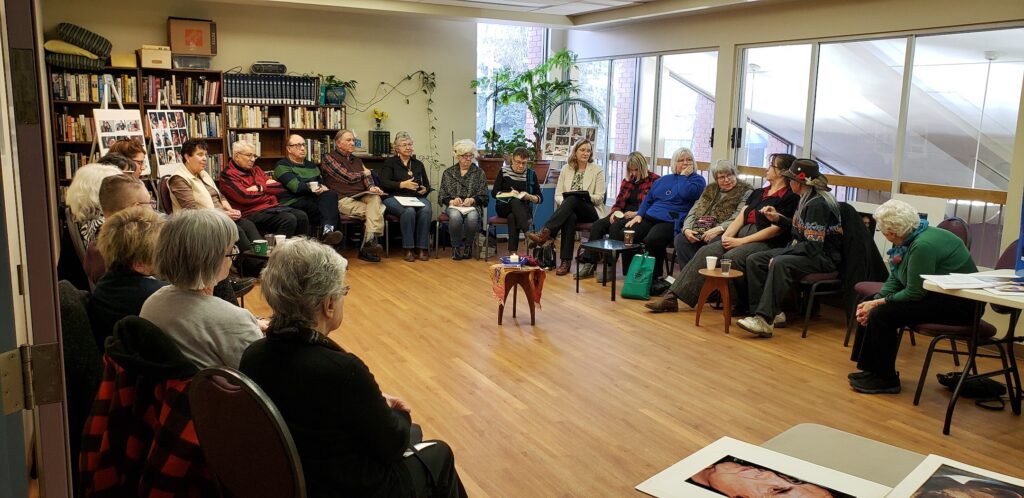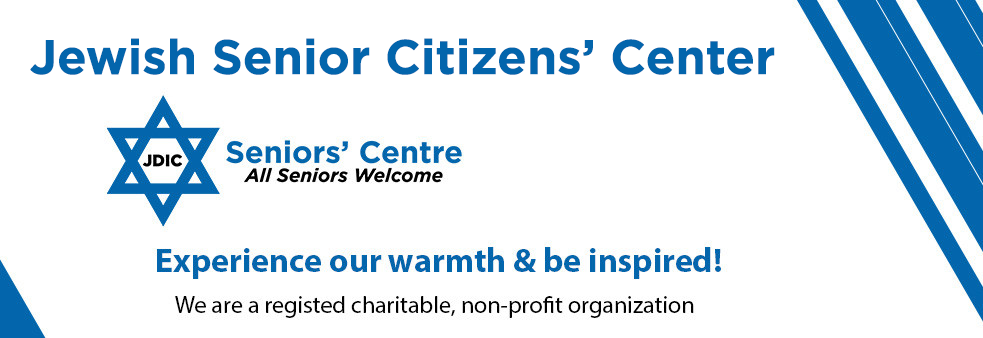Learning Moments
There were certainly gaps between our original plans and the ways or the project unfolded, mostly because we realized early on that both communities know very little about each other’s situated histories, traditions, and traumas, other than in extremely broad strokes. But despite, and perhaps because of the gaps in knowledge participants kept returning to lecture and reflection sessions; coming to learn, even if what you learn is how much you don’t know, and how challenging it might be to learn it well.
Much of what writing reflections for this series captured was the sense of learning from another, of moving from the position of “an other” to a person. In other words, when we reflected back on the project we learned, that in many ways, our communities are still only beginning the process of reaching out to the Other and meeting them as a Person.
What this means, among other things, is that while there are urgent and necessary conversations about cultural protocol and practices when bringing two such different cultural communities together, those need to happen first within each community. Both Jewish and Indigenous communities are diverse in and of themselves. There is no consensus in either community about how we understand our histories, nor our relationship to those histories; so, talking between communities gets complicated by differences in understanding and perspective between the members of either community who choose to participate.
Another key lesson revealed in these community conversations is that the movement from Survival to Thrival truly can and does arch across generations. It is a positive outcome that each group gained understanding of the trauma of the other. For Jews throughout the world anti-Semitism is still a reality. And although they are further along the road to Thrival, the pain of the Holocaust is indelibly seared on their memories and they work diligently to ensure that the suffering endured and the murder of 6 million Jews will never be forgotten. For Indigenous Canadians, the trauma inflicted is more recent and still continues, whether through structural racism, abrogated treaties, the ravages of poverty in an otherwise prosperous nation, or the crisis of Missing and Murdered Women (and girls and men and boys).
There are many more lessons that appeared within the process of From Survival to Thrival. When viewed from the vantage point of a few months after the last meeting, both successes and failures can be seen. We bit off more than we could chew. On the other hand, those who attended, who took part as participants, presenters, and/or organizers, found plenty to challenge easy assumptions, open doors of inquiry, and offer a chance to connect with community in good ways.
We have only started on the journey to move From Survival to Thrival together. There is much more that can and should be done.
We did discover how to move through thorny discussions, moments of emotion and confusion, uncertainty and apprehension, to a place where we could say, not that we knew The Other, but that we had met and befriended individuals from another community. Our final online meetings, significantly, involved both the making and sharing of simple recipes (chopped herring and bannock), and the sharing of songs from both peoples; without knowing the words or melodies fluently, still, we shared enough trust and kindness that we all joined in the singing.
Subject to funding, we are planning to continue our journey together.


